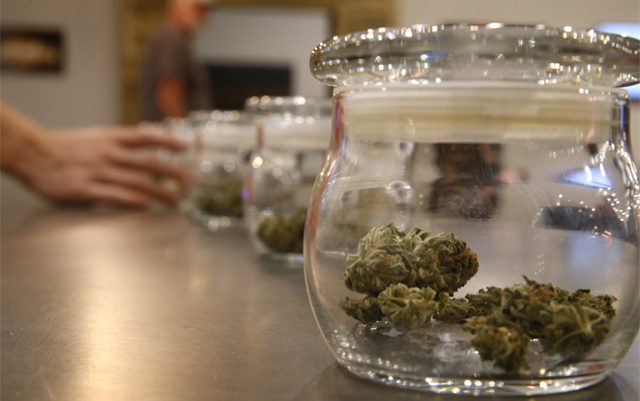Last year Vermont lawmakers took a historic step forward by legalizing the possession, use and cultivation of cannabis by individuals. However, at that time the state decided not to pass a bill that was meant to work in tandem to legalize the commercial production and sale of cannabis – but promised to take the bill up again in the next legislative session. Governor Phil Scott has stated before that he would consider approving such legislation if lawmakers included funds for education and prevention measures.
The bill, S54, has now been revived in the Senate, with over half of Senators already co-sponsoring it. So far, the legislation has made it through multiple committee hearings and is expected to be voted on by the full Senate before the end of the week. A separate House bill, H196, is very similar and has been backed by more than a third of House Representatives. If S54 passes votes from both the Senate and House and is signed into law by Governor Scott, then the Cannabis Control Board would be established on July 1, 2019, with licenses being issued on or before April 1, 2021.
“With half the body already sponsoring the legislation, and the bill having been significantly improved in committee on important aspects like promoting equity in the cannabis industry, it’s pretty safe to predict that S 54 will easily pass the Senate with strong tri-partisan support,” said Dave Silberman, attorney and pro-bono drug policy reform advocate. “Based on previous voting records, and what new Senators have said about cannabis regulation on the campaign trail, I expect anywhere from 24 to 26 ayes, with only 4 to 6 nays.”
The Vermont Legislative Joint Fiscal Office determined both estimates for the cost of the board, as well as revenue from legal cannabis sales based on the Senate Judiciary Committee’s suggested 16 percent excise tax. This projects anywhere from $3.8 million to $7.4 million in the first fiscal year, and between $8.6 million and $26.6 million by 2024. However, the cost of the five-member Cannabis Control Board is estimated to be around $860,000 in the 2020 fiscal year, $1,010,000 in 2021 and $960,000 in 2022.
Considering lawmakers have taken their time to revise and work on this bill over the last year, chances are most legislators are on board with the way it is currently written. Creating a commercial cannabis industry is certainly no easy task – but with the guidance of states that have already done so through ballot initiative, Vermont lawmakers could quickly make history again this year by legalizing the retail sale of cannabis.






